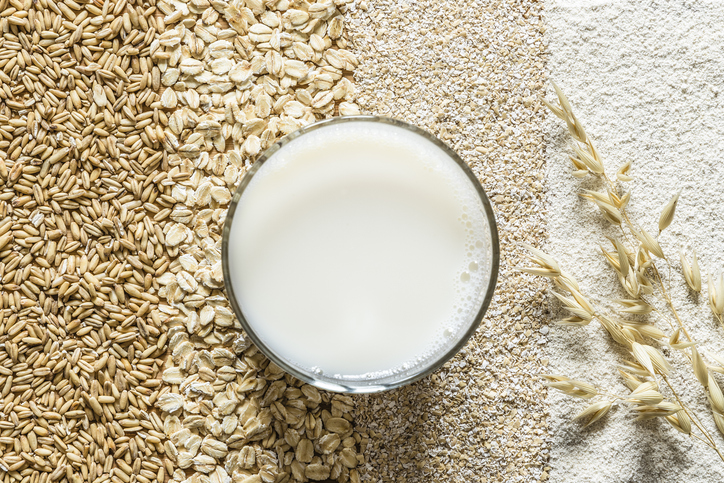
By: Vibhuti Pathak
Oat milk has become a popular plant-based milk alternative due to its creamy texture and taste. However, concerns have emerged regarding its potential impact on blood sugar levels, especially for those managing diabetes or paying close attention to their blood sugar.
Oat milk contains 2 to 4 grams of sugar per 100 ml, which is less than dairy milk, which has around 5 grams per 100 ml. However, sugars in oat milk are not the only concern; the presence of carbohydrates like fibre and starch also contributes to its blood sugar response.
The glycemic index (GI) and glycemic load (GL) are two measures that help classify foods based on their effect on blood sugar levels. The glycemic index ranks foods on a scale from 0 to 100 based on how quickly they raise blood sugar levels after consumption.
Glycemic load, on the other hand, considers both the quality and quantity of carbohydrates in the food, making it a more accurate indicator of the overall impact on blood sugar.
In terms of the glycemic index, oat milk falls within the medium category with a GI of around 61. This puts it in the same range as foods like muesli, couscous, and sweet potatoes.
However, its glycemic load is relatively low: 4 for a 100-ml serving and 9 for a 250-ml serving. This suggests that while oat milk may moderately raise blood sugar levels, its impact is similar to that of cow’s milk and other common foods.
Comparisons between oat milk and fizzy drinks like Coca-Cola can be misleading. A 250 ml serving of fizzy drink has a glycemic load of 17, nearly double that of oat milk. Additionally, while fizzy drinks are primarily sugary, oat milk contains other nutrients such as fibre, protein, fats, and vitamins.
Although some oat milk varieties are marketed as sugar-free, they contain the same level of total carbohydrates as regular oat milk. Once these carbohydrates are broken down by the body, they can still impact blood sugar levels in a similar way to regular oat milk.
To help manage blood sugar levels while enjoying oat milk, there are several strategies to consider:
Choose Unsweetened Varieties: Opting for unsweetened oat milk minimises glucose spikes by avoiding the addition of simple sugars.
Monitor Portion Sizes: Being mindful of how much oat milk you consume can help control carbohydrate intake and subsequent blood sugar responses.
Pair with Low-GI Foods: Consuming oat milk alongside other low-GI foods like proteins, healthy fats, and fibre can help moderate its impact on blood sugar levels.
Pay Attention to Your Body: Everyone’s response to oat milk may vary. Pay attention to how your body reacts and adjust your consumption as needed.
For individuals with specific dietary concerns or medical conditions such as diabetes, it’s essential to consult healthcare professionals to determine the best dietary choices. With proper management, oat milk can be part of a balanced diet without causing significant spikes in blood sugar.
Oat milk does raise blood sugar levels, as all foods containing carbohydrates do. However, its overall impact on blood sugar levels is relatively low to moderate based on its glycemic index and glycemic load.
Making informed choices about the type and amount of oat milk you consume can help you enjoy its benefits while managing blood sugar levels effectively.
